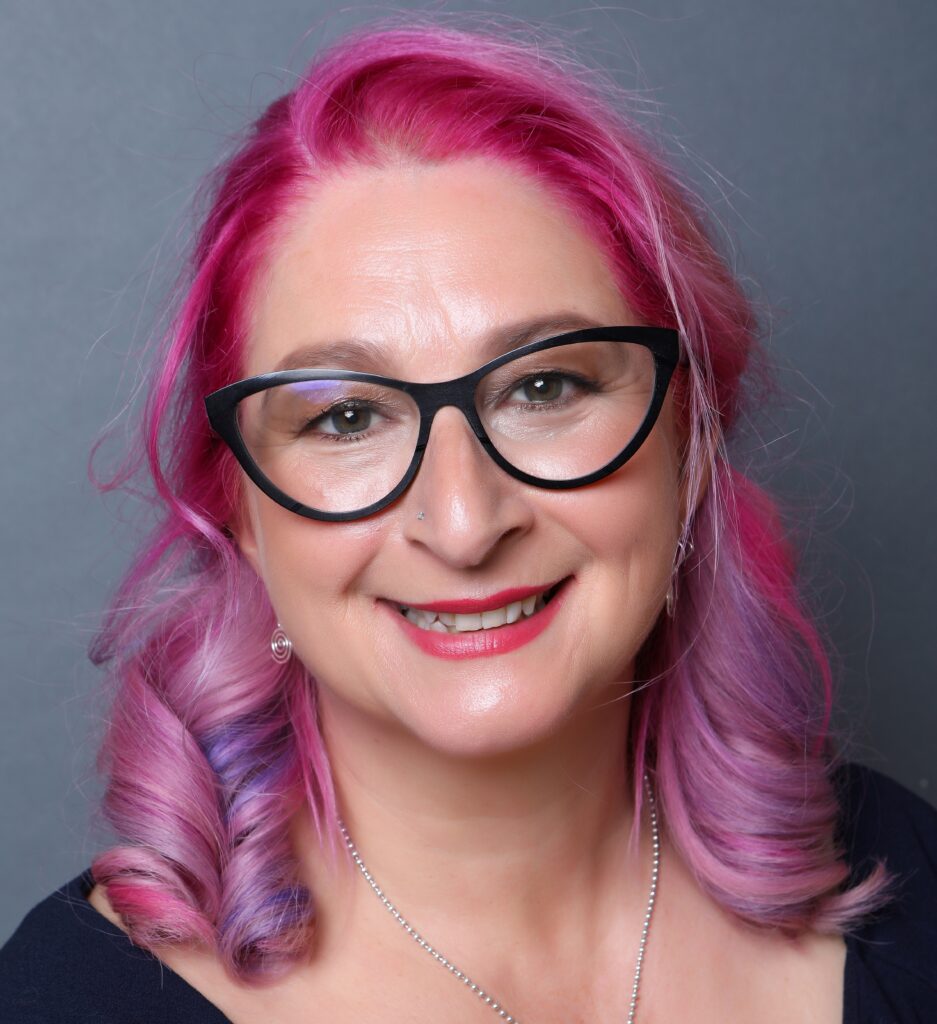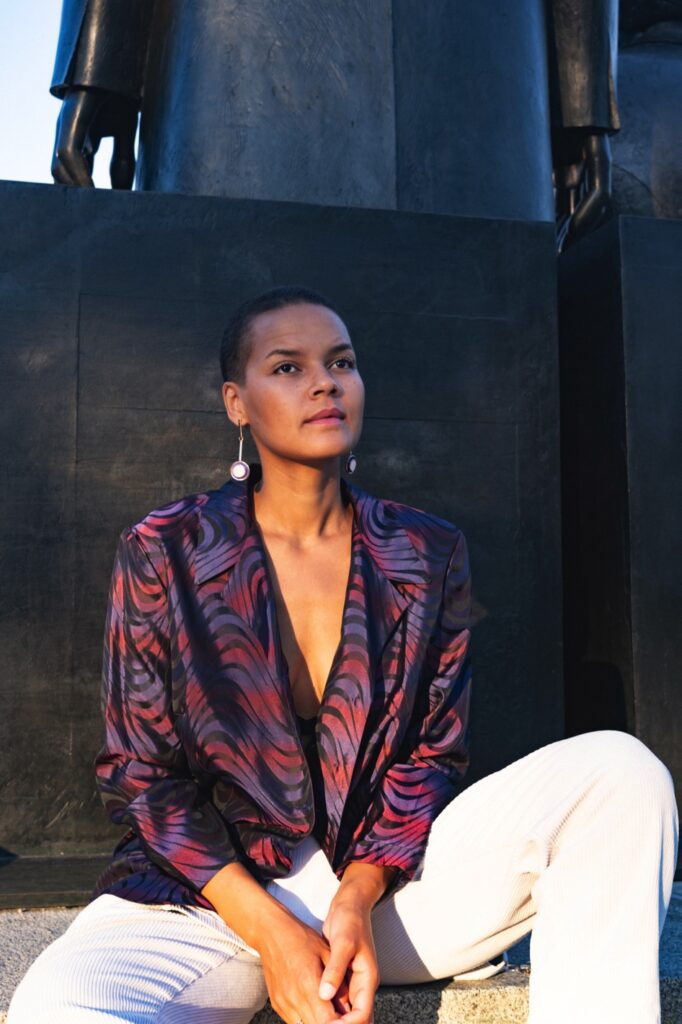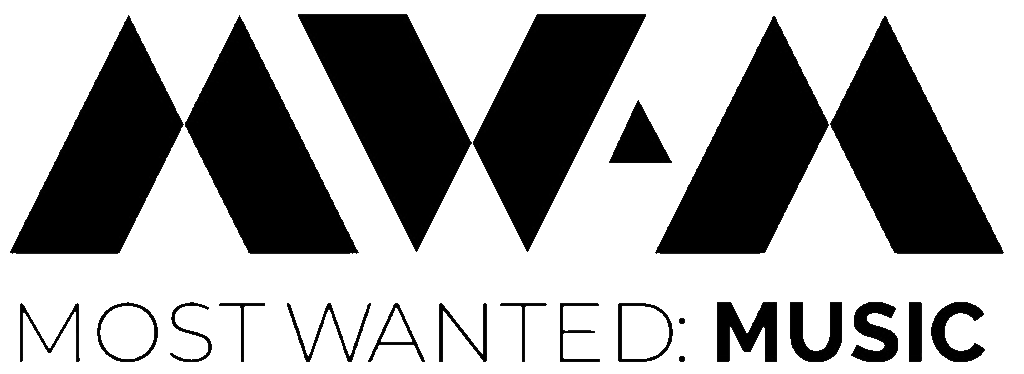Sustainability, equity, and autonomy. These are not simply vital goals in today’s industry; they are business decisions. We want to look ahead and design business models that serve both artistic integrity, economic viability – and implement those modern goals. But how?
To find out, we spoke to Karen Emanuel, founder of Key Production, a leading manufacturer of physical music and merchandise, art director, photographer and visual branding consultant Yvonne Hartmann, and visual branding consultant and Artist and Curator Cecilia Tosh. Here’s what they had to say.
Redefining value with bold decisions
If traditional industry structures are now rapidly shifting, what bold, alternative frameworks could redefine how value is created, shared and grown in music over the next decade?

Karen
Meaningful change doesn’t mean throwing out what already works, says Karen. Her work involves creating value in the physical product: “I can’t see this going anywhere, as we like to hold and collect.” But she knows what a world where businesses get to grips with change looks like: “We’d all be B-Corps!” Karen states, simply. B-Corps are for-profit corporations certified for their social impact, and the consequences of being one are enormous, she says: “There would be more diversity, more empathetic leadership and a happier ecosystem.”
Cecilia
“As a curator,” says Cecilia, “I don’t just book based on taste, but also when I see someone who is talented and actively supports the scene and other people.” Her internal test is: who does she want to give this platform to? It’s also not about booking by headliner status, she says. “For me, it’s also a values-based booking,” which, as well as visibility, “also provides financial reward.”


Yvonne
We asked Yvonnne about the pressures on artists, who are now expected to be their own marketing team. “The key is shifting from a purely self-exploitative DIY model, to a supported, community-driven system,” she says. But what would a system that empowers artists without overwhelming them look like? It’s one “where artists have access to education, fair industry practices, and creative autonomy,” she explains.
Cross-industry parity of knowledge and creativity is vital, she explains. This could be in the form of, “funded workshops, courses, and mentorships” and in-house workshops at labels or agencies “that involve artists in shaping their image, not just enforcing label aesthetics.”
Design a new model first – or build the parachute on the way down?
How can we design business models that serve sustainability, equity and personal autonomy – and implement these models outside of existing dogma or assumed restrictions?
Karen recommends advice that leapfrogs design and gets straight to action: “Just do it,” she says. “I think that more enlightened leaders work like this anyway. There’s loads of proof that these types of businesses actually do better than the old models – with better staff retention and more motivated staff.”
A better approach would be to help artists autonomously control their own image, Yvonne says: “more creative freedom for artists. Labels should prioritise artist identity over rigid branding rules to maintain authenticity.”
Cecilia agrees: “If the pressure to fit into a trend for the sake of numbers disappeared, the artistic landscape would flourish in completely new ways.”
Transparency is also needed, rather than a black box of trade secrets, she says, in the form of: “clear insights into what labels, bookers, and promoters look for when selecting artists.” And there’s clear power in togetherness when it comes to money, she says, suggesting: “artist collectives, grants, and fan-funded models to reduce financial pressure.”
A thriving, fairer, sustainable tomorrow
What would a truly thriving and sustainable music business look like… if we measured success not just in revenue, but in cultural impact, community resilience, and artist autonomy?
There’s not really any other choice than to aim for this better future, Karen muses: “if you don’t take sustainability seriously and try to do something positive, if you don’t treat people equitably… what hope is there for the future?”
Yvonne paints a rich picture of future local scenes, “buzzing with life because venues, collectives, and indie artists actually get paid fairly.” A thriving music industry would, “measure success by how art sparks conversations, keeps traditions alive, and moves people to action,” she explains.
And there’s a lot of money to be made, by putting sustainability at the core of a business, says Karen, and she can prove it: “sustainability was built in the foundations of the company 35 years ago. It’s always been our culture and DNA – Key Productions is living proof that it works and is profitable.”
Yvonne’s vision will appeal to many: “Artists owning their work, calling the shots on their brand, and making a living without burning out—whether through fair royalties, fan support, or smarter industry deals,” she says. It’s a future where labels act more like partners than gatekeepers, “with transparent contracts, shared profits, and artist-driven growth.”
Cecilia’s vision chimes with similarity: “it would be freer, more colorful, and more diverse … it wouldn’t be driven by algorithm-fueled trends, but by the courage of more people to do their own thing – and more possibilities of making a living from it.
Success, Yvonne concludes, “would mean artists thrive, culture stays alive, and the music ecosystem works for everyone—not just the big players.”
Thanks to Karen, Cecillia and Yvonne for their insight!
Don’t miss them at Most Wanted: Music 2025: Karen Emanuel speaks on “Transforming Work Culture in the Music Industry”, Cecilia Tosh speaks on “Under One Roof: Building a Multidimensional Career in Music and Beyond” and Yvonne Hartmann leads the workshop “Visual Identity: Capturing Your Sound in Story”.


